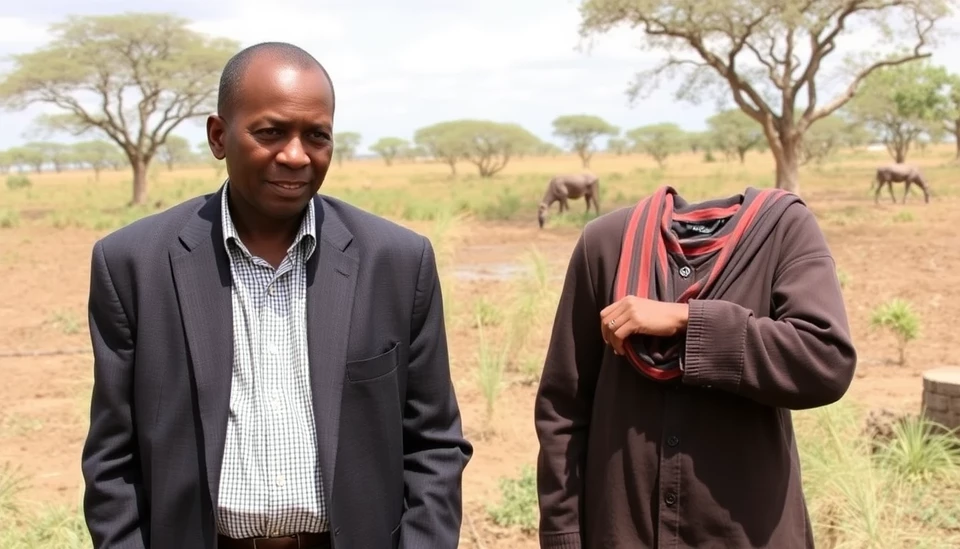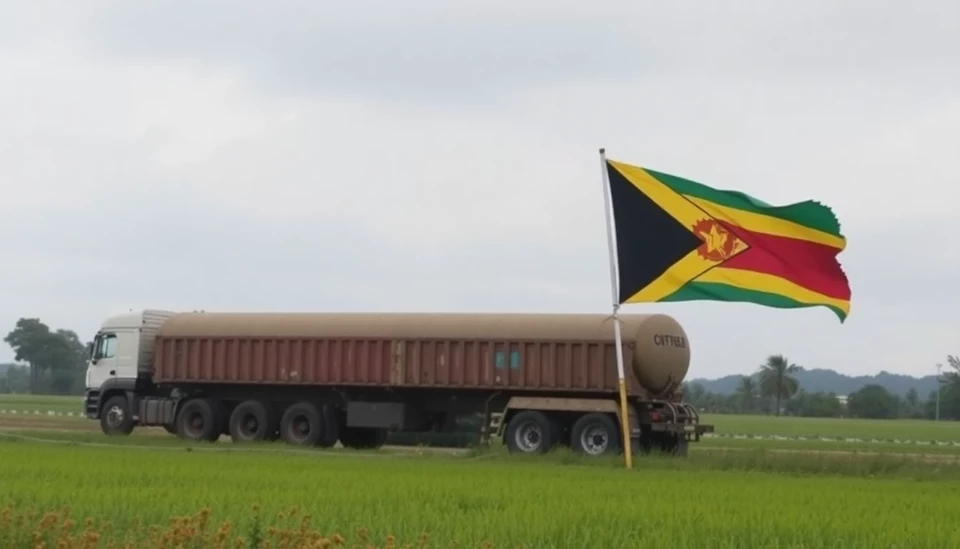
In a groundbreaking move, the Zimbabwean government has announced the issuance of dollar-denominated bonds aimed at compensating farmers who lost their land during the controversial land reform program initiated in the early 2000s. This extensive legal and financial initiative is set to provide restitution to thousands of former agricultural producers, who faced significant disruptions to their livelihoods following the government's takeover of white-owned farms.
The bonds, valued at $3.5 billion, are part of a broader strategy to address the grievances of the affected farmers and restore some level of stability to the nation’s agricultural sector, which has suffered from years of mismanagement and economic turmoil. By offering dollar bonds, the government intends to reassure both local and international investors, as it seeks to rebuild a more sustainable agricultural foundation leading into the future.
Land reform in Zimbabwe has been one of the most divisive and controversial issues in the country's history. The program was initially presented as a means to empower black Zimbabweans by redistributing land. However, it has often been criticized for leading to economic decline, food shortages, and social unrest. Many original landowners have sought restitution, and the current administration acknowledges the need to redress these historical grievances.
Finance Minister Mthuli Ncube stated that the issuance of these bonds represents a critical step in terms of fiscal policy, allowing the government to commit to compensating displaced farmers without further burdening the national budget. According to Ncube, "This bond initiative will allow us to make vital, tangible progress towards rectifying past injustices while also fostering a conducive environment for agricultural investment." The minister emphasized the bonds as a declaration of Zimbabwe’s commitment to establishing an equitable financial structure that respects the rights of all stakeholders in the agricultural sector.
The bonds will be issued on a voluntary basis, allowing investors a choice to participate in this historic financial redress initiative. The government aims to offer attractive interest rates to entice both domestic and foreign investment. This measure has been viewed as a significant departure from previous policies that often alienated potential investors due to fears of policy uncertainty.
In recent months, initiatives focusing on agricultural recovery have gained momentum, with the government prioritizing the rebuilding of infrastructure, access to resources, and knowledge transfer to ensure a robust agricultural sector. While the road to recovery remains long, the issuing of dollar bonds is seen as a potential catalyst to stimulate much-needed reforms.
While the bonds have generated optimism among some segments of the population, skepticism remains regarding the extent to which the government will deliver on its promises. Critics argue that without a transparent mechanism to ensure fair distribution of funds related to compensation, the bonds may not result in tangible benefits for the former farmers. The government has assured citizens that it will establish a clear framework for managing the funds and facilitating compensation payments.
The announcement has drawn both national and international attention, as it represents a testing ground for Zimbabwe’s credibility in the eyes of the global market. Analysts will be closely monitoring the uptake of these bonds and their impact on broader economic recovery efforts.
As Zimbabwe navigates these challenging waters, the issuance of dollar bonds not only signifies a chance for financial restitution for former farmers but also serves as a litmus test for the nation’s strides toward economic rejuvenation and its relationships with international stakeholders.
It remains to be seen how effectively these initiatives will restore faith in the Zimbabwean economy, yet the bond issuance is undoubtedly a key milestone in making reparations to those who suffered during one of the country’s most tumultuous periods.
Stay tuned for updates as Zimbabwe embarks on this critical journey towards addressing historical injustices and fortifying its agricultural sector.
#Zimbabwe #DollarBonds #LandReform #FarmersCompensation #EconomicRecovery #Agriculture #MthuliNcube
Author: Laura Mitchell




